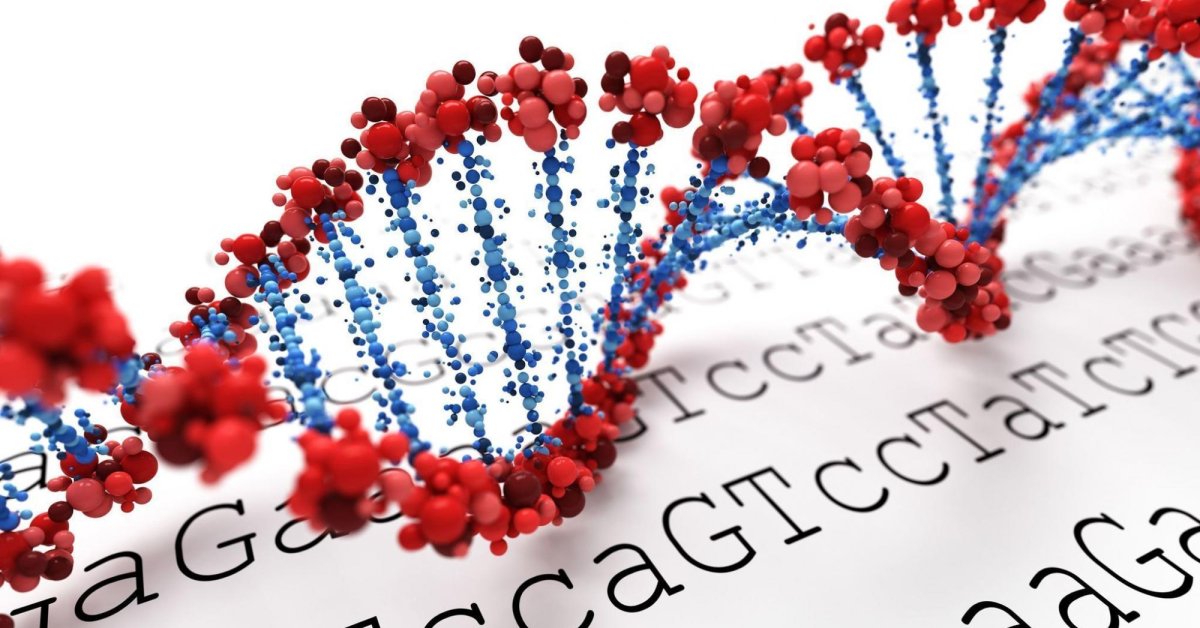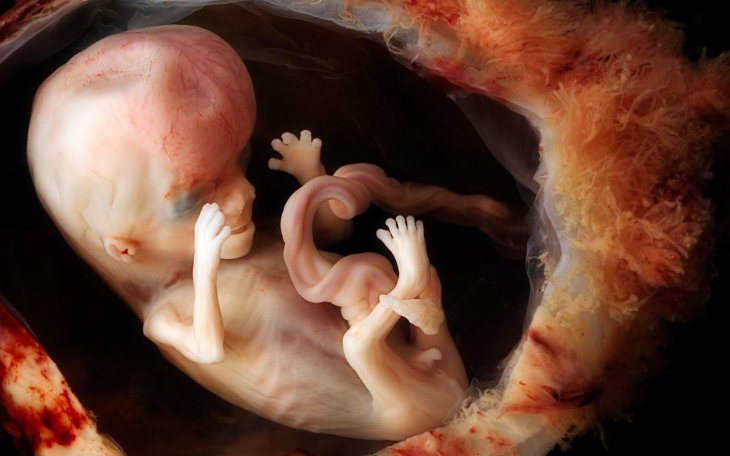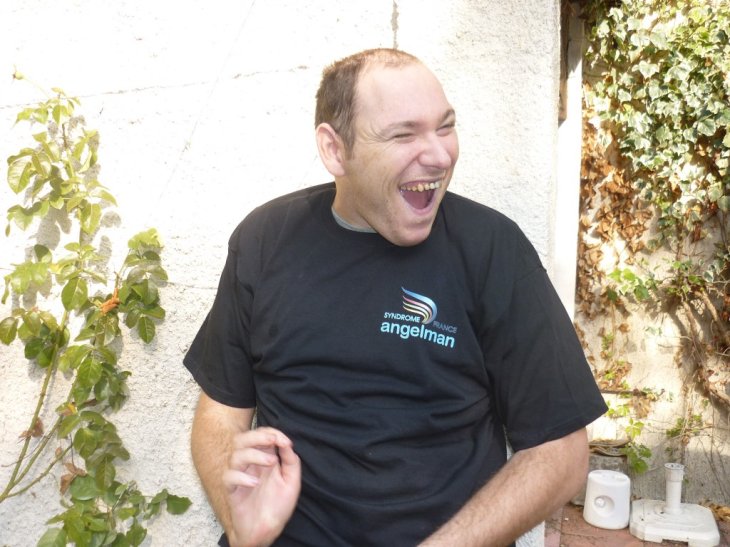A New Gene Therapy Developed To Treat A Brain Disorder In Unborn Children
Aadhya Khatri - Mar 01, 2019

This therapy can switch on a silencing gene at the early stages of the brain's development.
A gene therapy that can cure brain’s mutations, which lead to a severe illness in babies is currently undergoing development. This treatment is projected to take place when the child is still in the mother’s womb.
To perform this treatment, a virus is transferred into the fetus’s brain. It brings along molecules that can fix the genetic flaws.
After conducting tests, scientists conclude that the treatment will reach its full potential when done on the period between week 13 to week 28 of the mother’s pregnancy, which is when the fetus’ brain is starting to develop.

This therapy is to cure Angelman syndrome, which happens on one in 15,000 babies. Victims of this syndrome usually have smaller brains than usual, suffer from seizures, and often experience difficulty when they sleep or walk. In addition, they might not talk at all for their whole life.
Mark Zylka, University of North Carolina’s neurobiologist said that the sleeping disorder can be so serious that many parents think they have to confine the children in the room to prevent them from getting accidents.
The gene of a typical person has one from the father and another from the mother, which is called the UBE3A. This copy is essential for the child to have a normal brain. Children with Angelman syndrome have mutated UBE3A or even have no UBE3A at all. To fix this flaw, the gene therapy makes use of a variation of CRISPR-Cas9, a tool that can edit gene to activate the father’s gene.

When injected on mice, Zylka shared that the molecules worked on the cortex, which is responsible for actions and thoughts, the hippocampus, the part that supports memory, and the cerebellum, which regulates motor movements. The therapy also proves its effect on lab-grown human brain cells.
If this therapy works, it can open up a whole new way of treating other illnesses.
Angelman syndrome can be diagnosed when the fetus is 10 weeks old, but if it has the gene mutation, there is nothing can be done to save it. This gene therapy might be the answer to this tough issue.
Featured Stories

Features - Jul 01, 2025
What Are The Fastest Passenger Vehicles Ever Created?

Features - Jun 25, 2025
Japan Hydrogen Breakthrough: Scientists Crack the Clean Energy Code with...

ICT News - Jun 25, 2025
AI Intimidation Tactics: CEOs Turn Flawed Technology Into Employee Fear Machine

Review - Jun 25, 2025
Windows 11 Problems: Is Microsoft's "Best" OS Actually Getting Worse?

Features - Jun 22, 2025
Telegram Founder Pavel Durov Plans to Split $14 Billion Fortune Among 106 Children

ICT News - Jun 22, 2025
Neuralink Telepathy Chip Enables Quadriplegic Rob Greiner to Control Games with...

Features - Jun 21, 2025
This Over $100 Bottle Has Nothing But Fresh Air Inside

Features - Jun 18, 2025
Best Mobile VPN Apps for Gaming 2025: Complete Guide

Features - Jun 18, 2025
A Math Formula Tells Us How Long Everything Will Live

Features - Jun 16, 2025
Comments
Sort by Newest | Popular